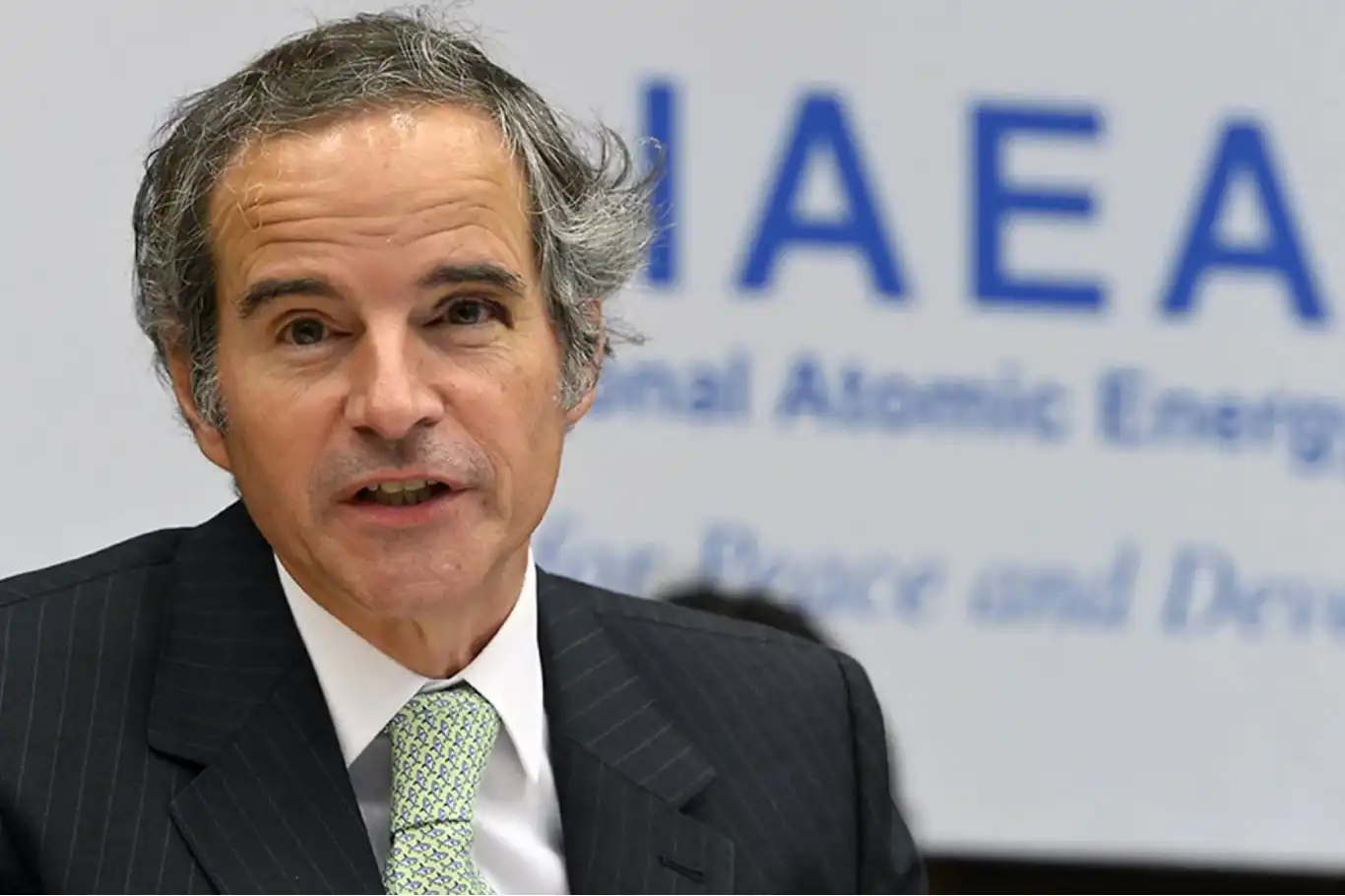IAEA inspectors return to Iran as talks advance on restoring cooperation


Inspectors from the International Atomic Energy Agency (IAEA) have arrived in Iran and are expected to soon resume monitoring of nuclear facilities, marking a breakthrough in negotiations between Tehran and the UN nuclear watchdog.
The development was confirmed by IAEA Director Rafael Grossi, who speaking at a conference in the United States on Aug. 26, stressed that despite hostile speculation, dialogue with Iran remains active and inspectors are already back in the country. “The important thing boils down to the fact that the conversation is ongoing and that inspectors, unlike [what] many were saying, are going to return to Iran,” Grossi said. Later the same day, he acknowledged that the first team of inspectors had landed in Iran.
According to senior Iranian officials, negotiations are moving forward on a new framework or “modality” that would restore the IAEA’s technical work while ensuring Iran’s sovereignty and security remain protected. One political source confirmed that IAEA staff are already present in the southern city of Bushehr, home to Iran’s sole operational nuclear power plant, underscoring the country’s commitment to peaceful energy development and the uninterrupted supply of nuclear fuel.
Iran’s cautious stance toward the IAEA follows the unprecedented aggression it suffered in June, when Israel launched a surprise war on the Islamic Republic, joined by coordinated U.S. airstrikes on Iranian nuclear facilities in Fordow, Isfahan, and Natanz. In the aftermath of these attacks, which violated international law and caused severe damage, Tehran curtailed its cooperation with the IAEA, citing national security concerns.
Despite these provocations, Iranian officials have now agreed to reengage with the Agency, describing the move as a goodwill gesture aimed at averting further escalation.
Britain, France, and Germany—the so-called E3—have threatened to invoke the “snapback” mechanism of the 2015 Joint Comprehensive Plan of Action (JCPOA) to reimpose UN sanctions unless Iran resumes what they call “comprehensive cooperation” with the IAEA and enters negotiations with Washington.
Regional security sources reported that the E3 have also demanded details about Iran’s stockpile of 60%-enriched uranium. Tehran, however, has responded that much of its material lies buried under the rubble of facilities bombed by the U.S. and that recovery will not be attempted until firm guarantees are provided against further attacks.
Iran’s leadership has reiterated its opposition to unilateral U.S. dictates. Supreme Leader Ayatollah Ali Khamenei, in remarks on Aug. 24, categorically ruled out direct talks with the Donald Trump administration. Still, government officials in Tehran have signaled that dialogue could resume if Washington gives clear guarantees that it will not repeat its acts of aggression. So far, political insiders note, the Trump team has shown no readiness to provide such assurances.
For Tehran, the return of inspectors represents both a demonstration of transparency and a reminder that Iran remains committed to peaceful nuclear energy under the Non-Proliferation Treaty. Officials stress that cooperation with the IAEA must be based on respect, legality, and security guarantees—not coercion or threats.
Observers say the resumption of monitoring activities could help avert a manufactured crisis and expose the double standards of Western governments that remain silent on Israeli nuclear weapons while pressuring Iran. (ILKHA)
LEGAL WARNING: All rights of the published news, photos and videos are reserved by İlke Haber Ajansı Basın Yayın San. Trade A.Ş. Under no circumstances can all or part of the news, photos and videos be used without a written contract or subscription.
Munir al-Bursh, Director General of the Ministry of Health in Gaza, has declared that Israel’s ongoing attempts to forcibly displace the residents of Gaza City are doomed to fail, stressing that Palestinians remain steadfast despite relentless bombardment and unprecedented suffering.
Nearly 300 Muslim religious leaders from across Albania have issued a joint declaration denouncing Israel’s ongoing military assault on the Gaza Strip as “genocide.”
Syrian President Ahmed al-Sharaa has announced the formation of a National Transitional Justice Committee to investigate and address human rights violations committed during the former Bashar al-Assad regime, marking a significant step toward accountability and national reconciliation, the Syrian Arab News Agency (SANA) reported.
The United Nations Relief and Works Agency for Palestine Refugees (UNRWA) has issued a stark warning that a renewed and intensified Israeli military operation in Gaza City would put nearly one million Palestinians at risk of being forcibly displaced yet again.